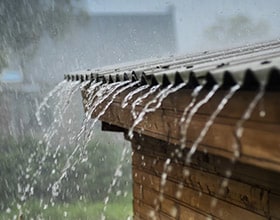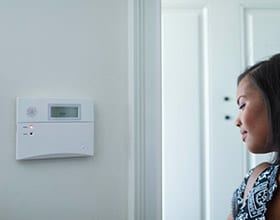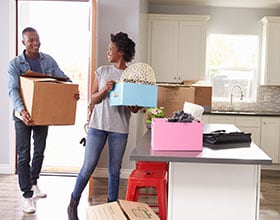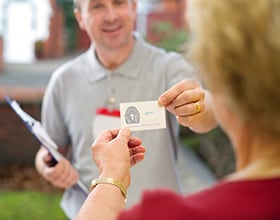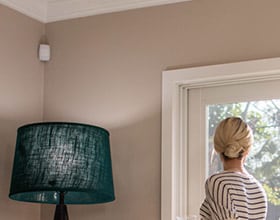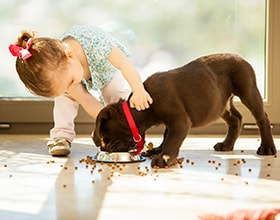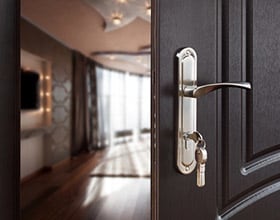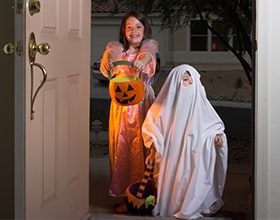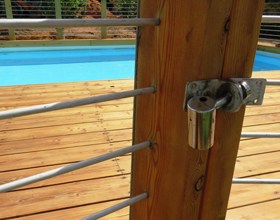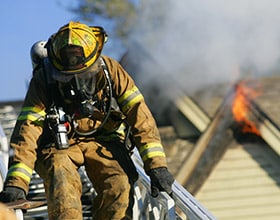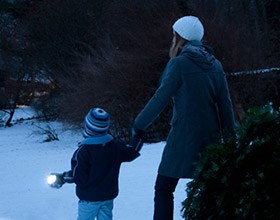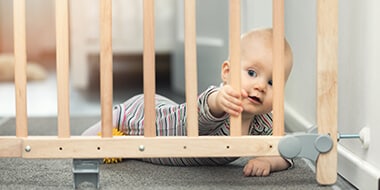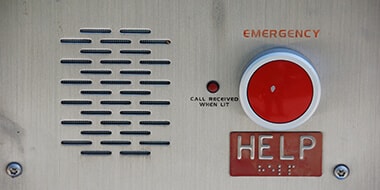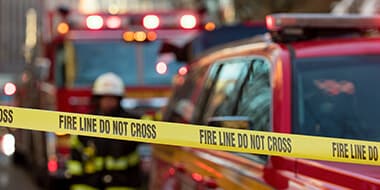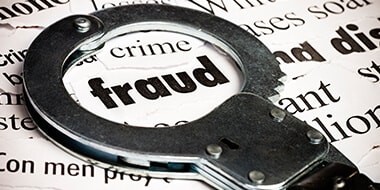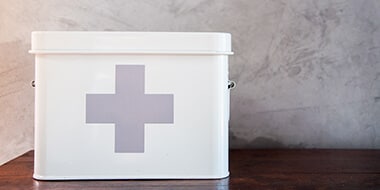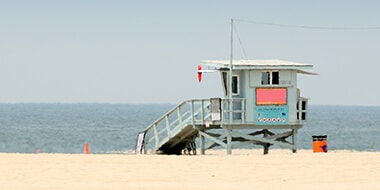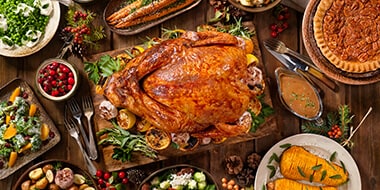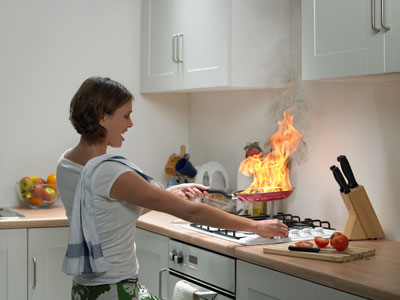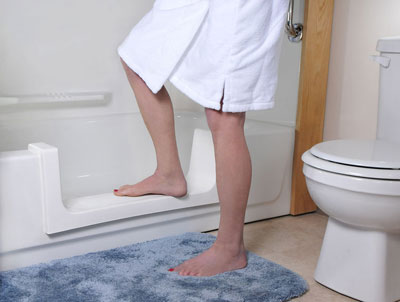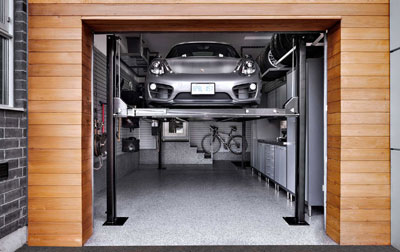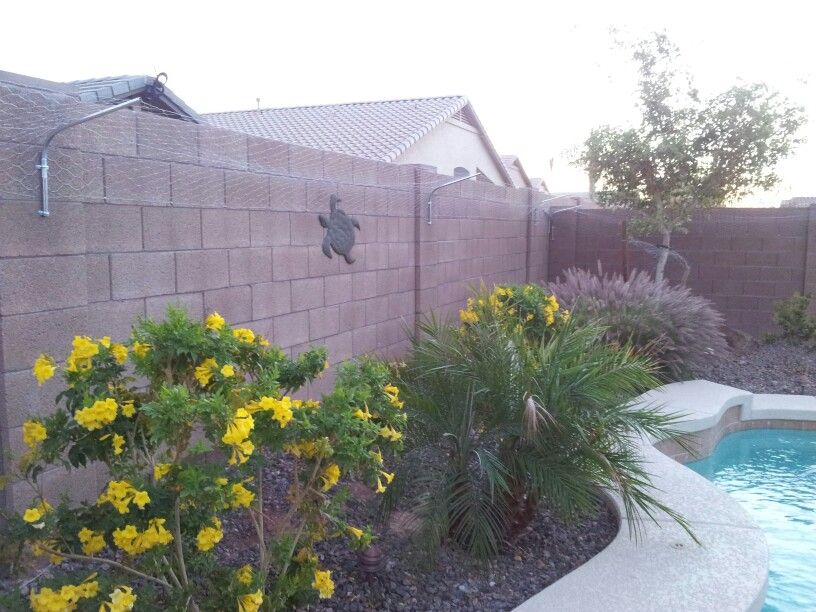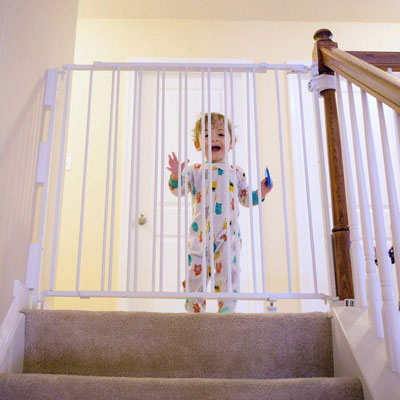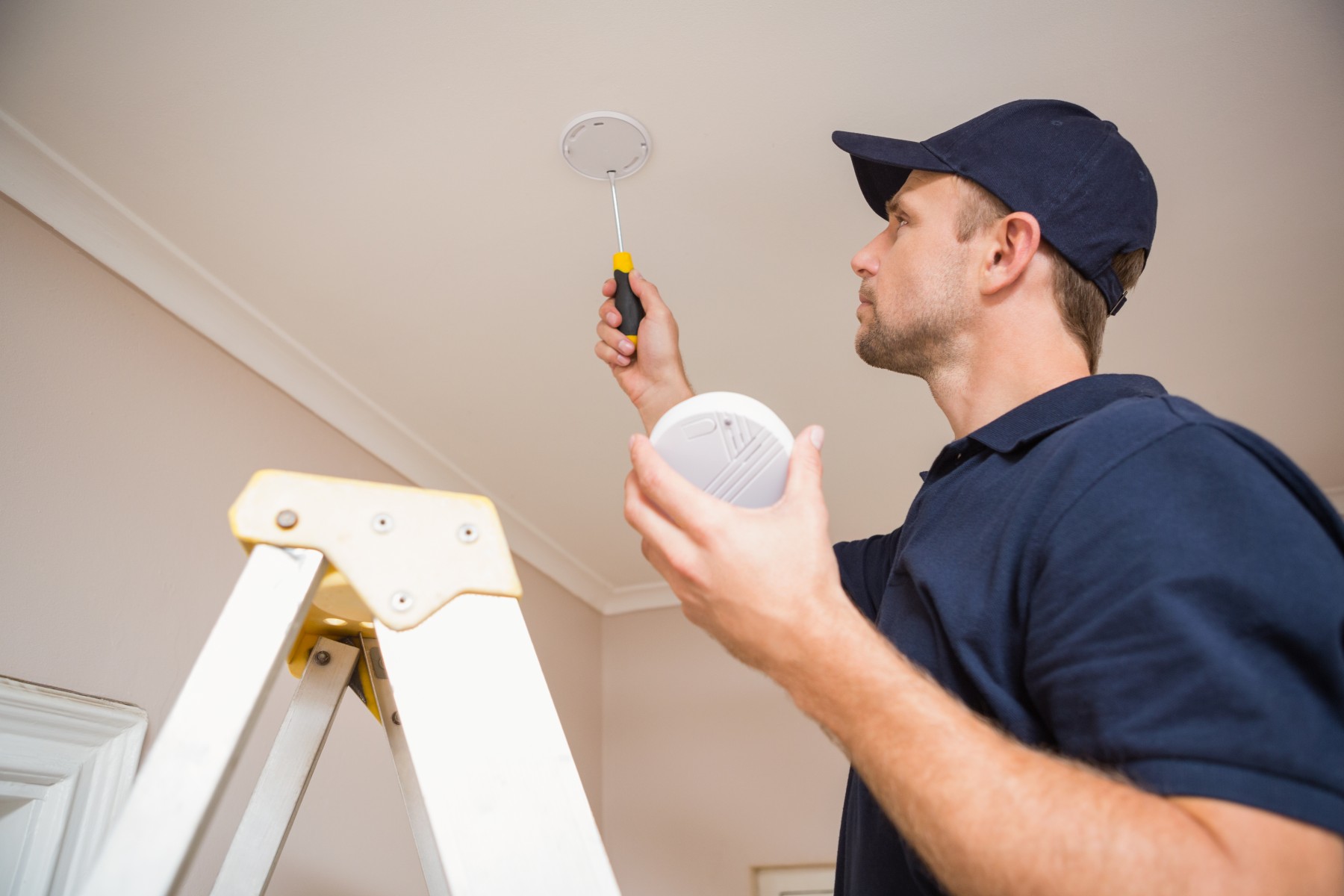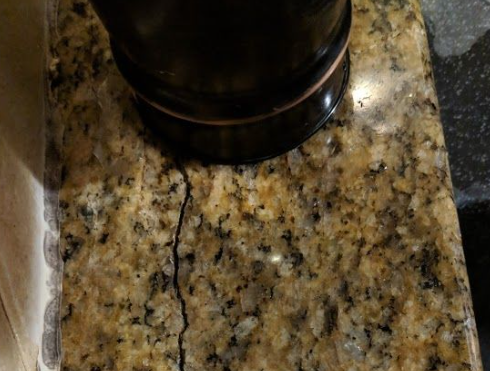 Under strain, many hard surfaces break, and countertops are no exception. It may cause cracks, ruptures, and fractures that are costly and difficult to fix by putting heavy objects near unsupported edges or joints. Before buying the extra-heavy microwave or standing on the countertop to reach a high shelf, you had better think twice!
Under strain, many hard surfaces break, and countertops are no exception. It may cause cracks, ruptures, and fractures that are costly and difficult to fix by putting heavy objects near unsupported edges or joints. Before buying the extra-heavy microwave or standing on the countertop to reach a high shelf, you had better think twice! Harsh bleach or ammonia-containing cleaning products may cause countertops of stone and granite to lose their luster. For regular cleanups, stick with soap and hot water to stop them from fading.
Before you place toaster ovens, slow cookers, and other heat-generating appliances on your countertop, always review the countertop manufacturer's recommendations, since changes in temperature can cause some materials to crack. Put a trivet or cutting board between the appliance and the counter when in doubt.
Because marble countertops are made of chemically based calcium carbonate, they are extremely susceptible to anything acidic. On the surface, one simple splash of vinegar, wine, lemon juice, or tomato sauce can cause dull spots, referred to as etches. If you spill something acidic on your marble countertop, wipe it up with water right away, then sprinkle baking soda on it to neutralize the stain.
If left on the kitchen counter, pools of water especially mineral-rich hard tap water, may trigger stains and white crusty buildup. Make sure to absolutely dry the countertop with a towel after cleaning up the spilled water to avoid potential issues.
Chopping, slicing and dicing directly on the kitchen countertop is a no-go—even if the surface is butcher block. On most countertops, fine scratches can disrupt the waterproof sealant, making them more prone to damage down the road.
On laminate countertops, cracking or peeling edges are frequent issues. By never leaning on the edges, reduce the pressure on your counters and certainly don't open a beer bottle on them!
Directly putting a hot pan on a countertop will cause decoloration or cracking. As a shield, use trivets or pot holders, or risk making a burn mark you will regret forever.
Everyone wants the kitchen to be sunny, but did you know that direct sunlight will make the laminate countertops fade? Some sealants used on granite and wood countertops can also fade with sunlight. During peak daylight hours, pull the shade down to mitigate long-term damage.
In the same place, do you still prepare food? This portion of the counter will suffer from scratches, etches, and other signs of wear and tear over time. Try migrating to different parts of the counter on a regular basis if you have room.
Take into account what habits lead to the wear and tear of your countertops after reading this. Although they are designed to be robust, by following better cooking and cleaning practices, you can help prolong their lives.

